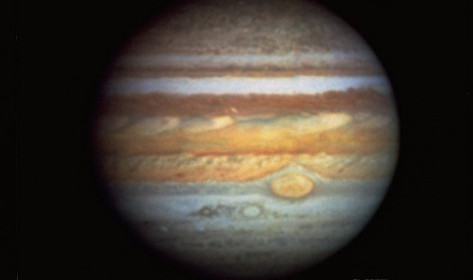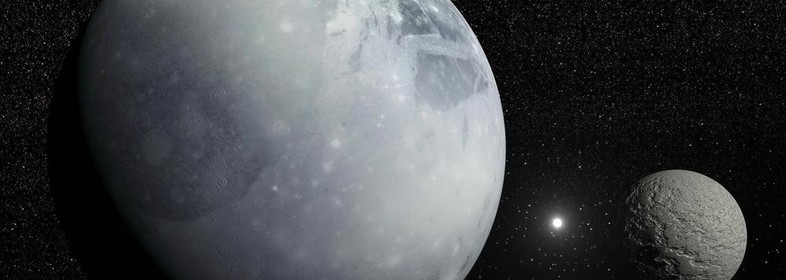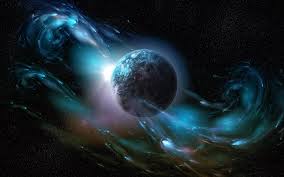Jupiter’s Destructive Path

Earth may owe its existence to the planet Jupiter. New research shows that the giant planet played a key role in the formation of the solar system by barreling through it like a cosmic wrecking ball, destroying existing planets and creating debris that coalesced into new ones, including ours. Astronomers began examining this theory after finding that virtually all of […]
Read more






